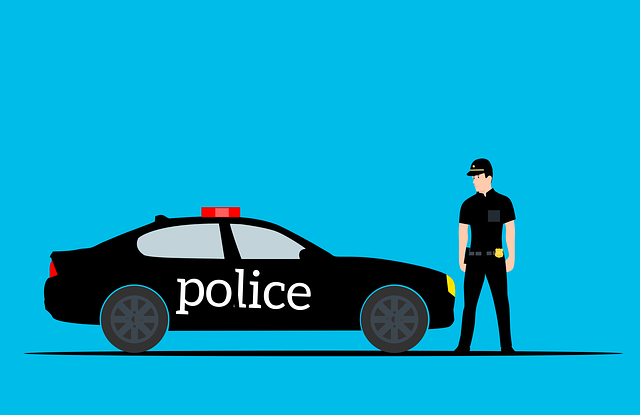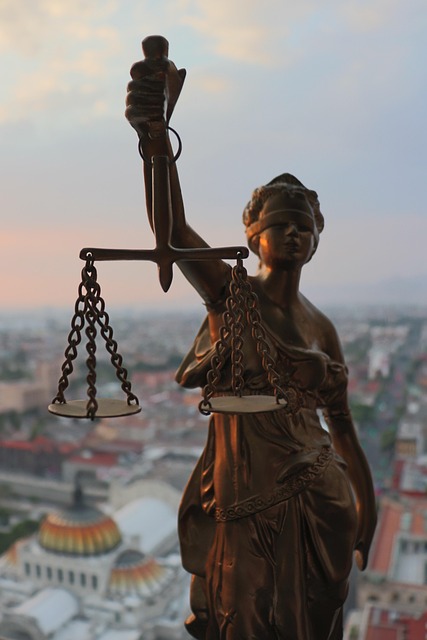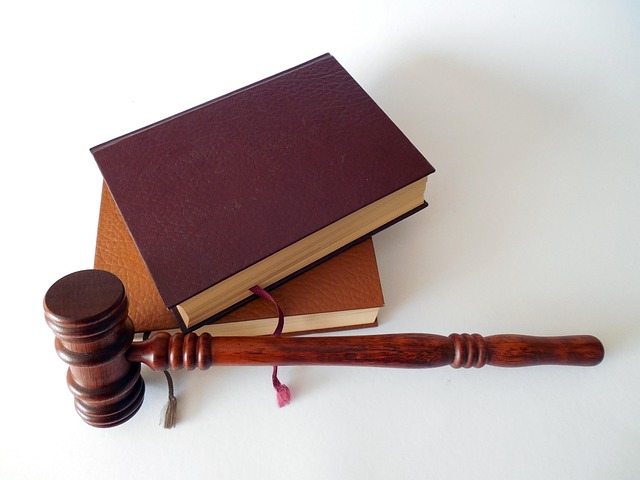Criminal law cases, guided by statutes and precedents, ensure fairness in addressing alleged offenses. The process begins with investigations, leading to charging, trials, or plea bargains. Defense attorneys protect accused rights while philanthropic support strengthens organizations advocating for favorable defense verdicts. This collective effort bolsters the criminal justice system, promoting equal access to legal representation. Unfair workplace practices, like wage theft and discrimination, escalate into potential criminal offenses, requiring legal action. Through civil lawsuits, victims can seek justice and redress, holding perpetrators accountable. Case studies in criminal law, including exposure of unfair workplace practices, demonstrate the effectiveness of legal action and advocacy groups' influence on shaping fair outcomes, avoiding disproportionate indictments.
Delve into the intricate world of criminal law cases, where understanding legal proceedings forms the backbone of justice. This comprehensive guide explores the dynamics between victims and perpetrators, focusing on unfair workplace practices as a lens for identifying potential criminal offenses.
From the initial steps of legal action and rights for victims to real-world case studies, we uncover the intricate process of seeking remedies. Learn how individuals can navigate their rights and the importance of recognizing criminal law’s role in addressing unethical conduct in the professional realm.
- Understanding Criminal Law Cases: An Overview of Legal Proceedings
- Unfair Workplace Practices: Identifying Potential Criminal Offenses
- Legal Action: Rights and Remedies for Victims of Unfair Treatment
- Case Studies: Exploring Real-World Examples of Criminal Law in Action
Understanding Criminal Law Cases: An Overview of Legal Proceedings

Criminal law cases revolve around understanding and navigating legal proceedings that arise from alleged criminal offenses. These cases are governed by a complex web of statutes, regulations, and precedents, ensuring fairness and justice for all parties involved. The process begins with an investigation, where law enforcement gathers evidence to support or refute accusations. If sufficient proof is found, charges are filed, leading to a trial or plea bargain.
During these legal actions, the focus often shifts to uncovering truths, interpreting laws, and presenting compelling arguments. Defense attorneys play a crucial role in protecting the rights of accused individuals, ensuring that their clients receive a fair trial. Across the country, philanthropic and political communities actively support organizations specializing in providing winning challenging defense verdicts, thereby strengthening the criminal justice system and promoting equal access to legal representation.
Unfair Workplace Practices: Identifying Potential Criminal Offenses

Unfair workplace practices can often escalate into potential criminal offenses, warranting legal action for his clients. This includes activities such as wage theft, where employees are denied their rightfully earned compensation, and discrimination based on race, gender, or age, which violates fundamental human rights. Such practices not only harm individuals but also disrupt the societal equilibrium, making them a matter of public interest and potential criminal prosecution.
Investigating agencies play a crucial role in all stages of the investigative and enforcement process, from uncovering evidence to presenting cases in jury trials. Understanding the legal nuances and the broader context is essential for both victims and legal professionals alike. By recognizing these practices as criminal offenses, the law ensures that businesses are held accountable for their actions, providing justice and deterring future misconduct.
Legal Action: Rights and Remedies for Victims of Unfair Treatment

When victims of unfair treatment, such as those experiencing white-collar or economic crimes, feel their rights have been violated, they can take legal action. This process provides a means to seek justice and remedies for the harm suffered. Legal action for unfair workplace practices can involve a variety of strategies tailored to the specific situation, ensuring that corporate and individual clients alike have options to redress grievances.
Victims may pursue civil lawsuits to obtain compensation for their losses or seek a complete dismissal of all charges against them. These legal actions not only hold perpetrators accountable but also serve as deterrents, discouraging similar misconduct in the future. By invoking the law, victims can gain access to a range of remedies, including monetary damages, injunctions to stop harmful behavior, and other forms of justice that restore balance and fairness.
Case Studies: Exploring Real-World Examples of Criminal Law in Action

In the realm of criminal law, case studies offer a window into how legal principles are applied in real-world scenarios, providing valuable insights for both practitioners and the general public. Exploring these instances allows us to witness the intricate interplay between legislation and justice. For instance, examining high-stakes cases involving unfair workplace practices can reveal the effectiveness of legal action for rights enforcement. Employees who face exploitation or discrimination can find solace through criminal law, seeking redress in court. These real-world examples showcase how the legal system holds individuals and organizations accountable for their actions.
Moreover, case studies often highlight the role of philanthropic and political communities in shaping criminal justice. Advocacy groups and policymakers play a crucial part in initiating change by bringing attention to systemic issues. Through public awareness campaigns and legislative efforts, they contribute to preventing future crimes and ensuring fair legal outcomes. By studying these cases, we gain a comprehensive understanding of how criminal law operates, evolves, and adapts to societal needs, ultimately shaping a more just and equitable society while avoiding indictment for trivial offenses.
In conclusion, understanding criminal law cases, from their initial legal proceedings to real-world applications, is essential for both legal professionals and individuals seeking justice. The article has explored key aspects, including recognizing unfair workplace practices that may constitute criminal offenses, the rights and remedies available to victims, and insightful case studies. By armed with this knowledge, folks can navigate the complexities of the law and take appropriate Legal Action for Unfair Workplace Practices, ensuring a more just and equitable society.






